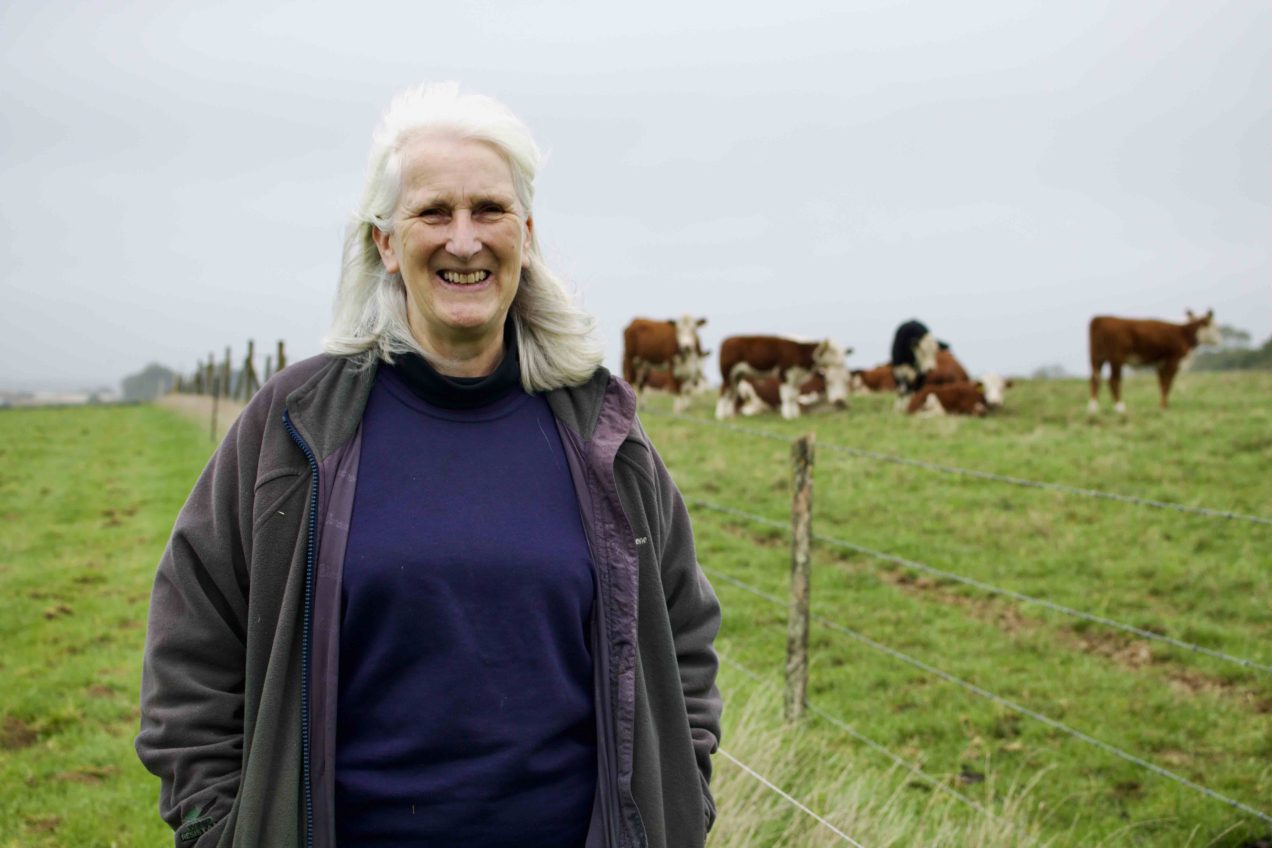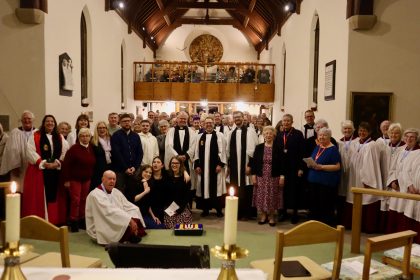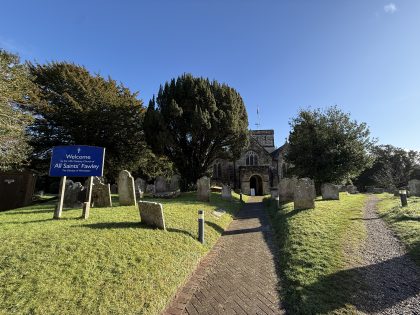Gillian Gray Knight will be commissioned as an Agricultural chaplain at Winchester Cathedral next month. She is training as an LLM in the Ropley benefice and will be licensed on the same day. Gillian owns a sheep, beef and arable farm in Bishop’s Sutton which has been run by her family for 4 generations.
Over half of the parishes in our diocese are rural. The agricultural chaplaincy mission is still in its infancy but here she talks about why she thinks it is needed and why she feels called to the role:
How did the idea come about for an agricultural rural chaplaincy?
As part of the LLM training we had to do a placement and I was struggling to know what sort of placement to do, so it was suggested to me to think about what I was interested in and then I found out about the Agricultural Chaplains Association, which is a national organisation. I asked if I could shadow some of their members, which resulted in me shadowing the chairman at Salisbury Market. He invited me to join their foundation training as part of the placement, so I’m now qualified as an agricultural chaplain.
We are very much in the infancy of this. We’ve not had anything like it before in the diocese, and so our first steps are to work out how that’s going to work, what it’s going to look like, how the accountability is going to work, and recruitment.
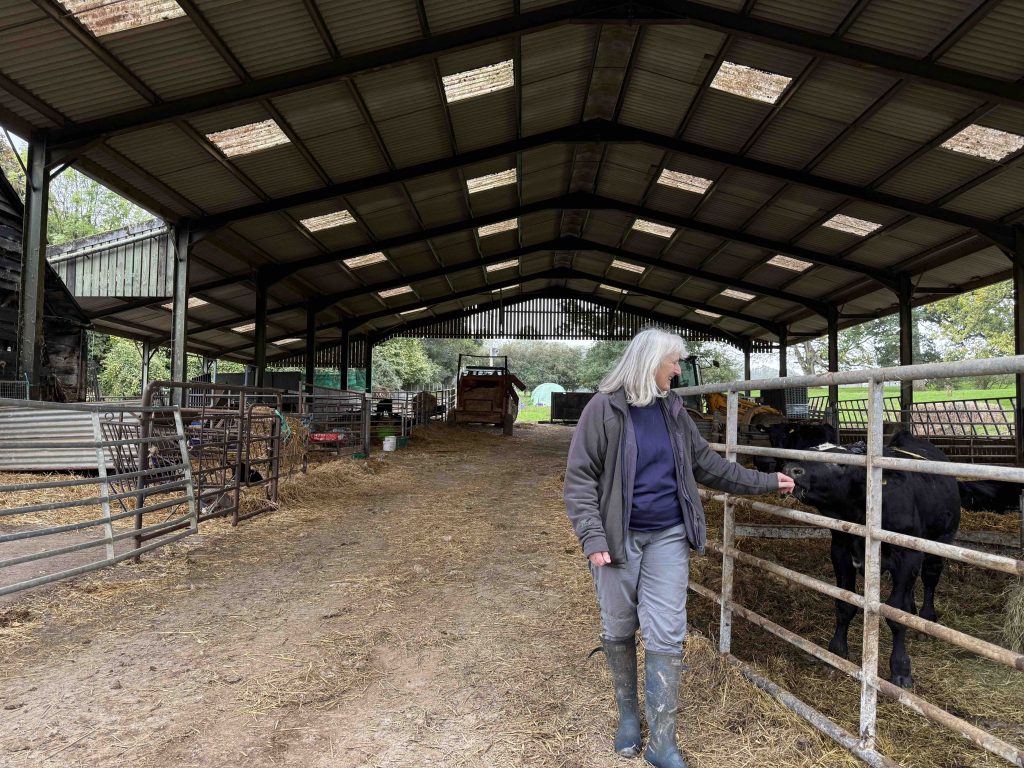
Then the actual chaplaincy, out in the field, is about walking alongside people. It’s getting to know them, understanding their problems, understanding their situation and assisting where possible. There’s a twofold approach. One is being a signpost and pointing them in the right direction where they might be able to find help. Then secondly, being aware that many farmers don’t express faith in the way that perhaps we’re used to, so the chaplain’s job is to pray on their behalf, to take their problems to God on their behalf.
They don’t want to be preached at and they don’t want to be prayed over, although further down the line you might get to that point where they know you and trust you to do that. To start with, it’s about getting to know them, building trust, understanding the problems and praying.
And how much do you think this is needed?
If you think that agriculture has the highest male suicide rate of any industry and has the highest fatal accident and injury figures of any industry, that says it all. The suicide rate has increased in the last 12 months – many families are feeling the pressures with regard to changing legislation around inheritance. Hopefully we will get through it and come out the other side. I do understand the pressure some farmers feel, that if they were to die before the new legislation comes in, their children would be okay. Just thinking along those lines is really quite chilling.
There are many other pressures in farming too but at the moment, for those who own their farms, that is one of the big ones. The other one is mental health. Farmers work alone a lot of the time.
We’re trying to build an ethos at our farm where we share time with each other, where there’s always somebody else about. My husband and I are trying to step back, but we are around for a quick conversation or to help if there’s problem, so you’re taking the pressure off that lone working.
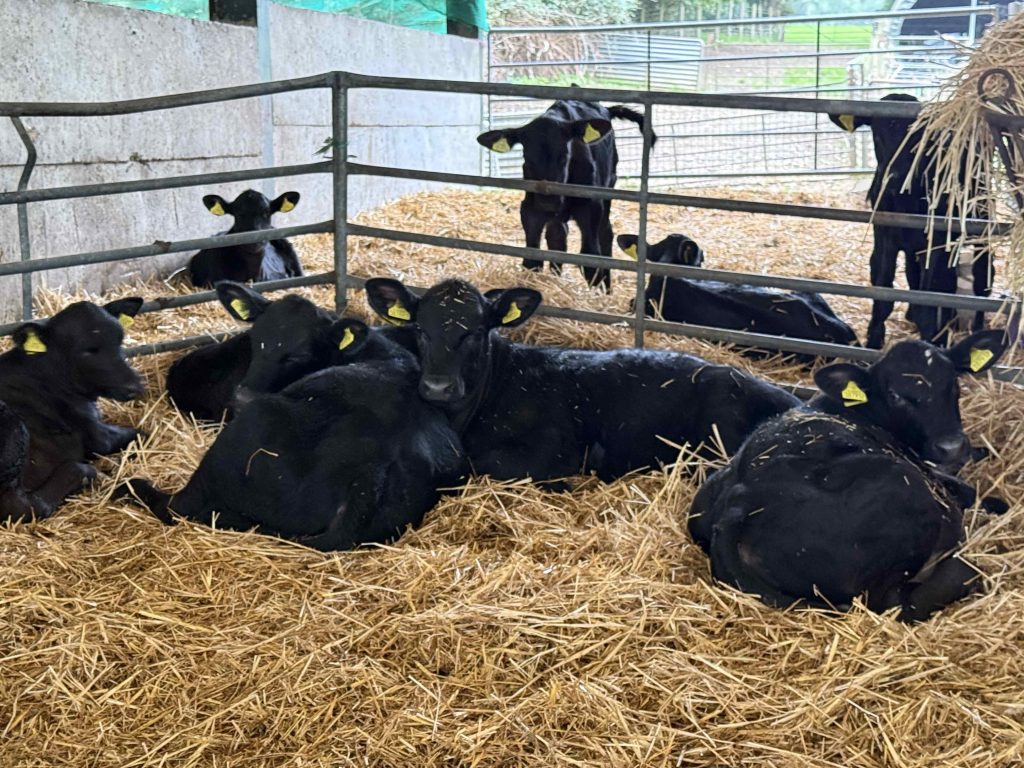
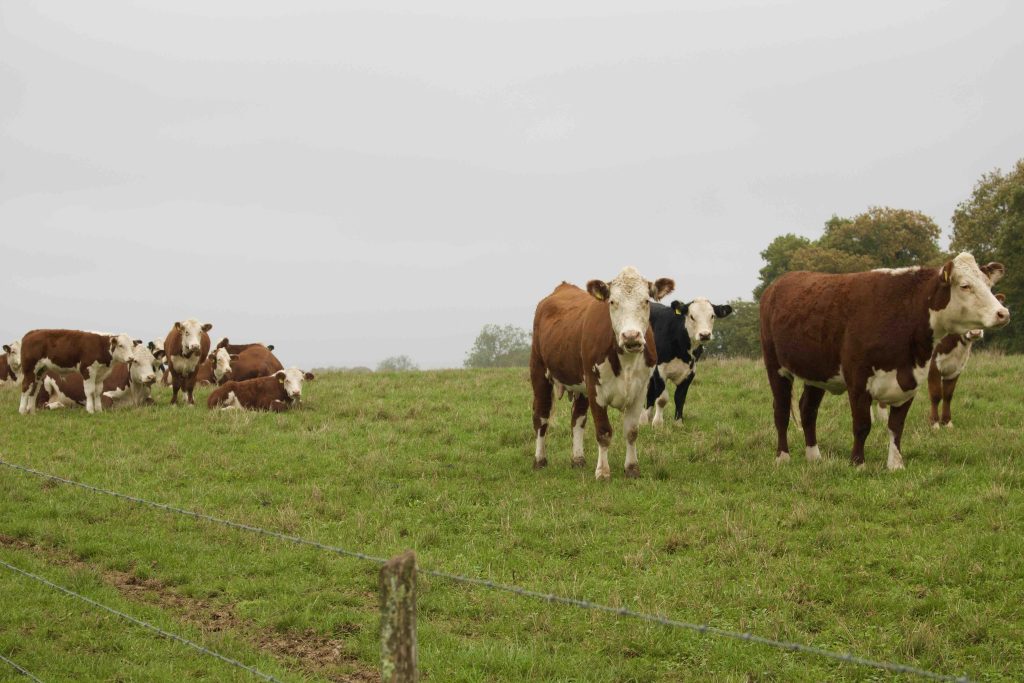
One of the good things is through the Young Farmers Club, through the NFU, through various other organisations, the profile of mental health has been raised, and the younger generation are more aware of safeguarding their mental health. It doesn’t mean to say they succeed, but at least they’re more aware of it and that has to be a good thing.
And do you think a chaplain could make a difference?
Certainly, having spoken to other chaplains that I’ve met since I joined the association. It is that thing of speaking the same language, taking the time to understand the problems, so that when somebody talks about a farming issue, you have some understanding of what they’re going through.
So although to be an agricultural chaplain, it’s not necessary to be a farmer, it is necessary to gain that knowledge and understanding. There’s nothing wrong with asking questions and in fact, farmers love people to ask questions but sometimes there are situations where just understanding, without having to ask lots of questions, is what’s needed.
One of the beauties of the membership of the Agricultural Chaplains Association, is that they send out regular newsletters, and information from DEFRA and from the Rural Payments Agency. That information is constantly being made available, which is so useful, and just keeps everybody up to date.
And do you think farmers will be willing to engage with you?
I have been surprised already, when I tell people I’m about to start developing an agricultural chaplaincy, suddenly, they talk to me in a way that they would never have done previously. Just voicing concerns that they wouldn’t have probably voiced to somebody who they didn’t think was a listening ear. A number of people have said to me ‘what an excellent idea. the farming community really needs chaplains’. So there does seem to be an understanding that there is a gap and that sort of support is needed.
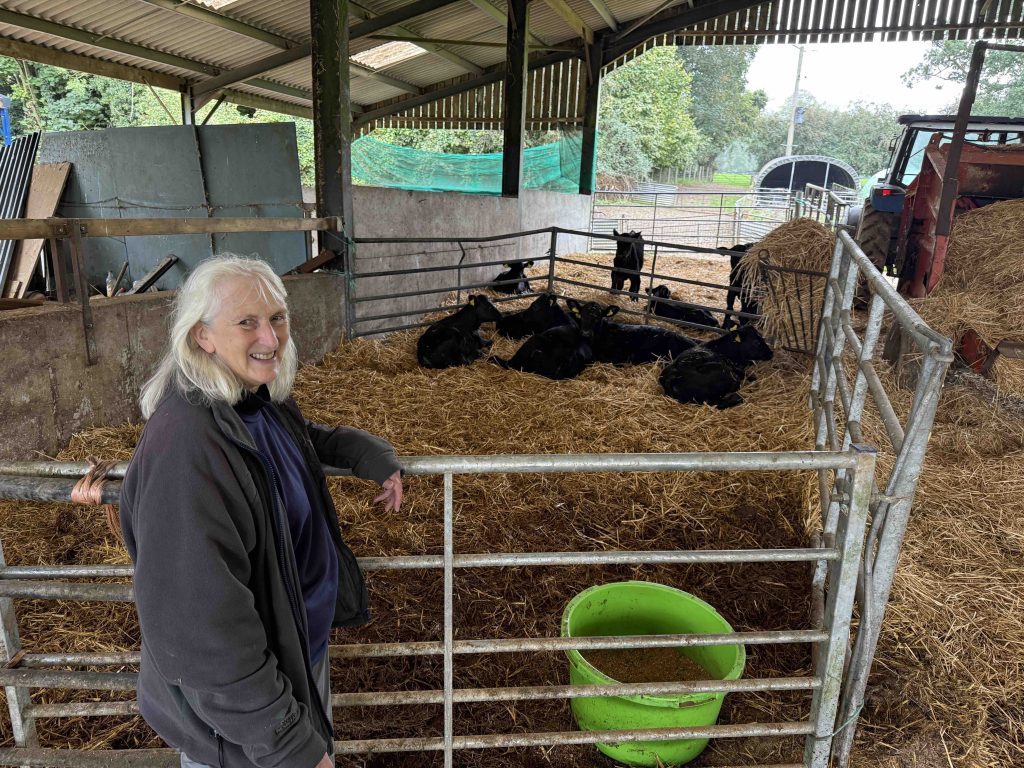
And how do you see it working? Will you visit farms or do you have events in mind?
The Salisbury diocese are lucky because they’ve got Salisbury market and that is a hub where a lot of farmers congregate every week so there are always two or three chaplains there.
In the Diocese of Winchester, we don’t have anything like that. So it is going to be a case of making connections with the various organisations like the Tenant Farmers Association, the NFU and Young Farmers and asking if I can attend a meeting from time to time and just get to know them and so they know that a chaplaincy is being developed. We also have agriculture shows such as the Romsey and Alresford Shows and we can be a presence at those.
You seem quite passionate about this. Is it something that you feel that God has laid on your heart?
Absolutely. It just feels completely right. I’ve just got to keep going and retain enough energy to get to the point where, I have helped bring it to fruition and by the time I am at an age where I need to step back, it will be flourishing. That’s my hope.

